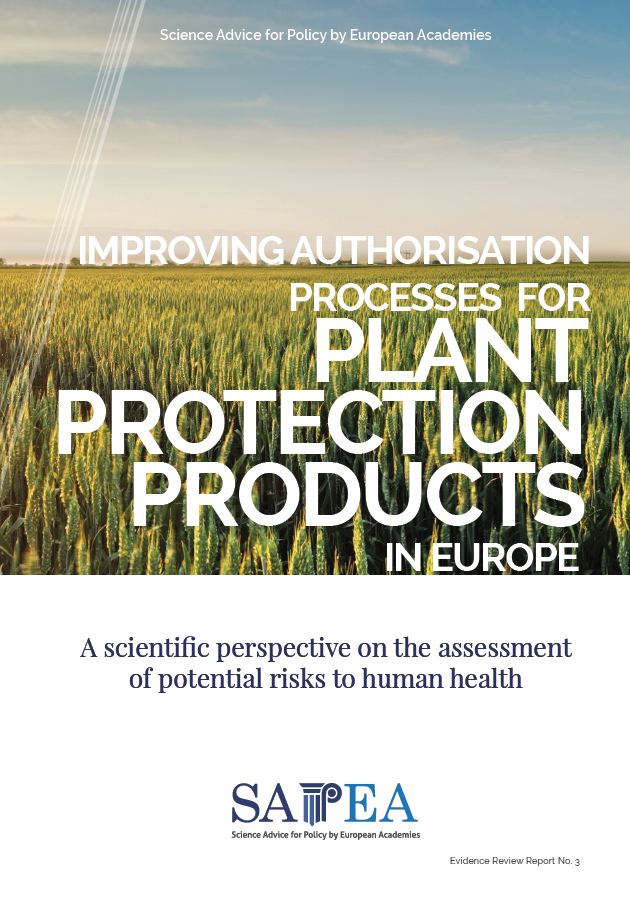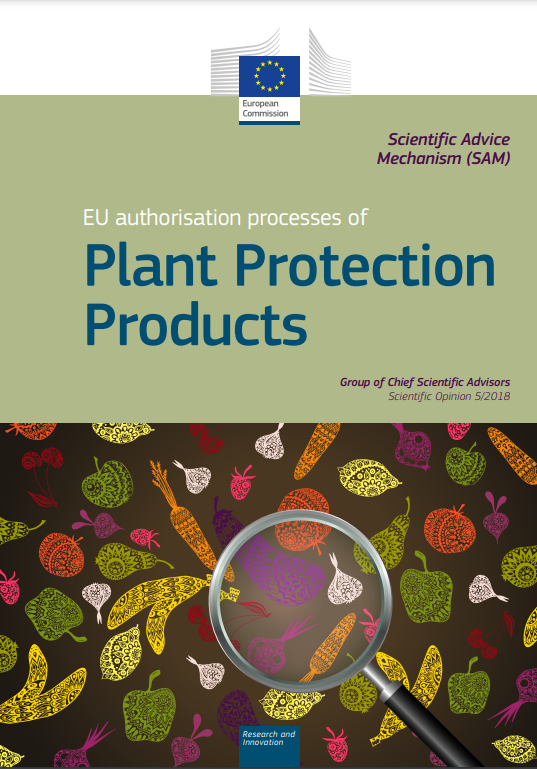Producing enough food for the human population whilst also maintaining a clean and safe environment to ensure effective delivery of ecosystem services is a key challenge for humanity. The side effects of intensive agriculture, and particularly the use of plant protection products (PPPs), are often directly or indirectly harmful to human health and frequently affect common goods like clean water and air. Produce resulting from commercial agriculture is traded worldwide, exposing consumers to residues of pesticides that may have been applied half a world away. Recognising these cross-border threats to human and environmental health, the Member States of the European Union have relinquished national remits in the joint endeavour of creating a safer, cleaner, and healthier Europe: in the EU’s ‘dual system’ of pesticide authorisation, PPPs have to be authorised at EU level before Member States can authorise them at the national level.
To ensure that the legislation governing the EU’s PPP authorisation processes achieves its objectives and is efficient and effective, it is regularly evaluated and updated with the latest scientific findings and developments. SAPEA was asked to provide scientific input on how to make the EU’s current PPP authorisation processes more effective, efficient, and transparent.
The report examines the methods and procedures for assessing potential harmful effects on human health from the use of PPPs and suggests further improvement in:
- The range and quality of scientific data that underpin risk assessments by collecting of more human-relevant data through use of newly emerging methods in toxicology, improving epidemiological surveillance for unanticipated adverse effects of approved PPPs and better modelling of potential exposures.
- The methods by which data is analysed, including reassessment of the data required to evaluate toxicity and (re-)approve PPPs, surveillance of PPPs that are already on the market to detect unexpected toxicities, and more extensive and rigorous toxicology assessments of formulated products to account for additive or synergistic toxic effects of several substances in mixtures.
- The ways in which assessment procedures are organised and tasks are allocated, through revision of how local and European authorities are coordinating their work, institution of formal mandatory training for staff undertaking risk assessments and creation of an independent, international centre for PPP-related research responsible for method development.













